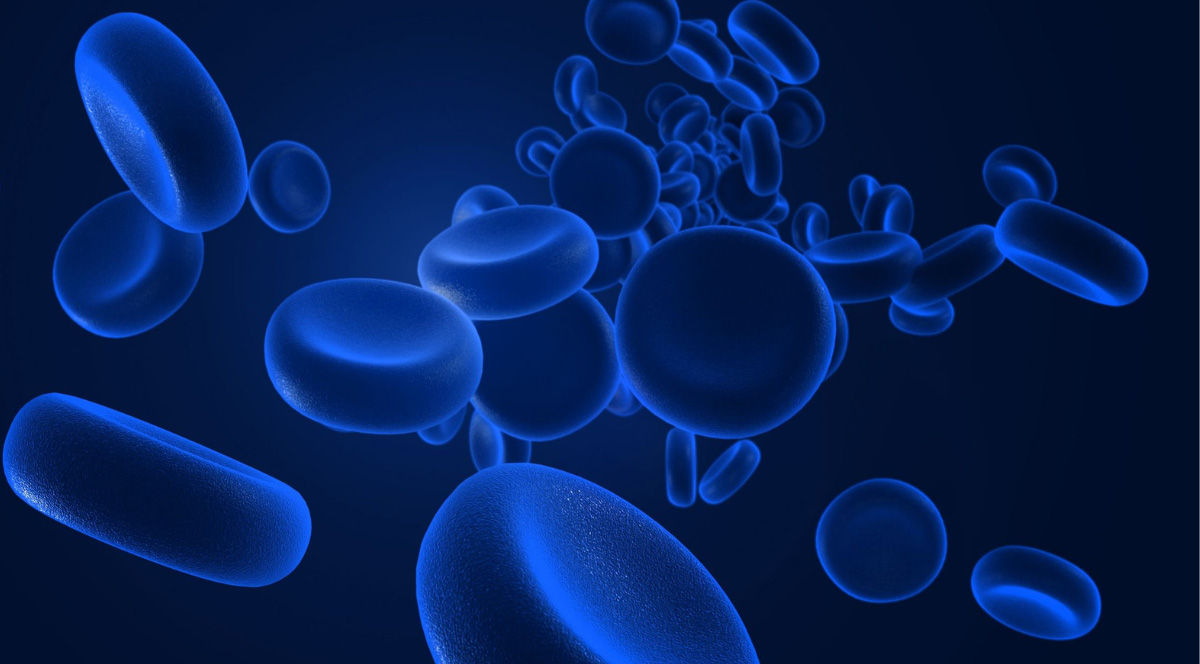Knowledge Library

Quantitative Histopathology of Fibrosis in an Animal Model of NASH
The hepatic fibrosis has been the most challenging aspect in the animal models for nonalcoholic steatohepatitis (NASH). Although it could...
Continue Reading
Validation of GVHD in mouse model for preclinical efficacy screen
AACR Annual meeting 2021 Na Xu, Ya Zhang, Rou Xie, Lijun Jia, Yingying Cai, Qing Lin Oncology and Immunology Unit,...
Continue Reading
Engineered cell line panel complemented with in vivo models to enable next-generation target therapy discovery...
AACR Annual meeting 2021 Authors: Zhixiang Zhang1, Feifei Fan2, Xiaohe Shi2, Xiangyang Zuo2, Qingyang Gu2, Qunsheng Ji1. 1 WuXi AppTec,...
Continue Reading
Establishment of drug induced resistant tumor models enable the development of next generation anticancer therapeutics
AACR Annual meeting 2021 Ting Ni, Zhixiang Zhang, Xuzhen Tang, Hui Qi, Jingying Zhang, Ke Mao, Wenting Shi, Qingyang Gu,...
Continue Reading
Empowering Organic Syntheses with Quantum Mechanics Analyses
Syntheses of specifically functionalized molecules continue to be rate limiting steps (RLS) in drug discovery. Improvement in this RLS means...
Continue Reading
